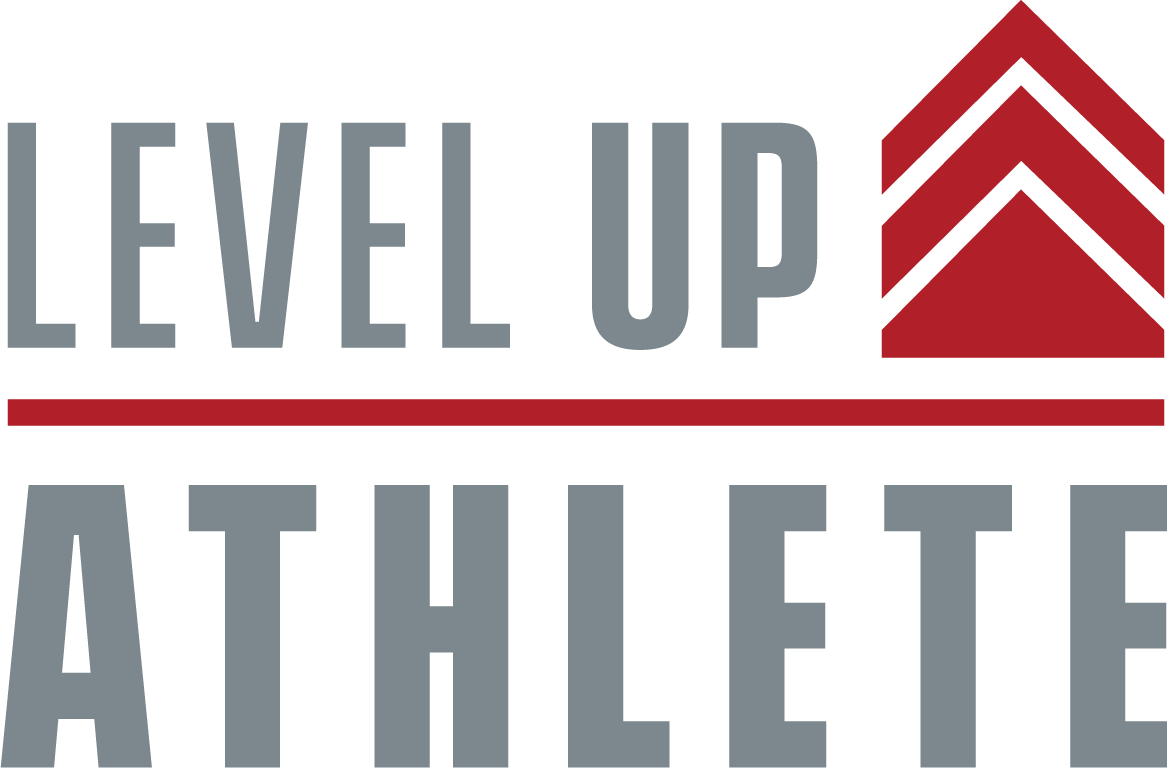Building Trust Through the Myers Briggs Tool
With the Summer Olympics on the horizon, it has me thinking about the importance of trust between coaches and athletes. Those of us who are fans of the Olympics have our favorite moments that stick with us over time. Some of my favorite Olympic moments are from 1996, when Atlanta, only an hour's drive from my hometown, hosted the Summer Olympics. As a high school athlete, I was glued to my TV that summer and remember the USA women’s basketball team filled with stars like Lisa Leslie and Sheryl Swoopes bringing home gold, Michael Johnson blowing away the competition with his distinctive gold shoes, and Kerri Strug heroically recovering from an ankle injury after her first vault attempt to bring home the team championship for USA gymnastics.
To perform at a gold medal-winning level, athletes go through extensive physical preparation, but just as importantly - they train mentally, with the help of coaches. A coach’s job, at heart, is to prepare athletes and teams to consistently perform at their best and to recover quickly from mistakes. Like all of us, athletes are complex, with different motivations and communication styles. The key for a coach is to figure out how to build trust with each athlete in authentic ways that motivate them to maximize their performances, build strong team chemistry, and help individuals and teams move beyond setbacks, like with Kerri Strug’s first failed vault attempt. Coaches must keep in mind, however, that each athlete brings their own set of unique identity markers, experiences, communication preferences, and levels of self-awareness to the table. Athletes respond to success and failure differently and have varying preferences for how they build trust and communicate.
Thus, every coach’s top question to tackle at the outset of each season is how to quickly get to know the individual athletes, and how to leverage this knowledge to foster trust and authentic communication with them and among the larger team. Without a tool to deeply understand the athletes, however, coaches are operating in the dark and are left guessing. Oftentimes, the norm has been a monolithic archetype - one way of coaching, assuming that it will work with every athlete. Both of these approaches, guessing at how to communicate with individual athletes without a tool or using one way of coaching all athletes, are ineffective. These approaches inevitably create friction, with coaches stepping on landmines and losing trust with individual athletes, and possibly their entire teams.
The solution to this conundrum is to use a tool to get to know each individual more quickly, building trust between coaches and players. One tool that I have found to be incredibly effective for building authentic trust and communication is the Myers Briggs Type Indicator (MBTI). I have watched coaches and players leverage the MBTI to increase not only their self-understanding, but the understanding of others, and quickly establish trust through a common language that leads to clearer communication. Coaches and teams can take the MBTI before a season begins to build self-awareness, then develop a common understanding of results, and collectively adjust their communication for more authentic interactions throughout the year.
When teams at any level take time to intentionally get to know each other through the MBTI, they build stronger relationships and are better able to navigate successes and setbacks that inevitably happen throughout the season and in moments of extreme pressure, as in the case of the Olympics. With MBTI, assuming one way of coaching will work with every athlete is a thing of the past. As an additional benefit, modeling these conversations with athletes at any level prepares them for life and leadership off the field. Through MBTI, players develop increased self-awareness and understanding of their teammates, leaving a lasting impression of the importance of self reflection and of respecting those who see the world in different ways. It also creates a strong foundation of team chemistry in their future teams and workplaces.
To leverage the power of Myers Briggs with your team, set up a free 30 minute consultation with us to take the first step toward building a stronger, more confident team. We are here to help coaches and players at any level prepare for their best performance and recover from setbacks through increased self-understanding, authentic communication, and trust building.

